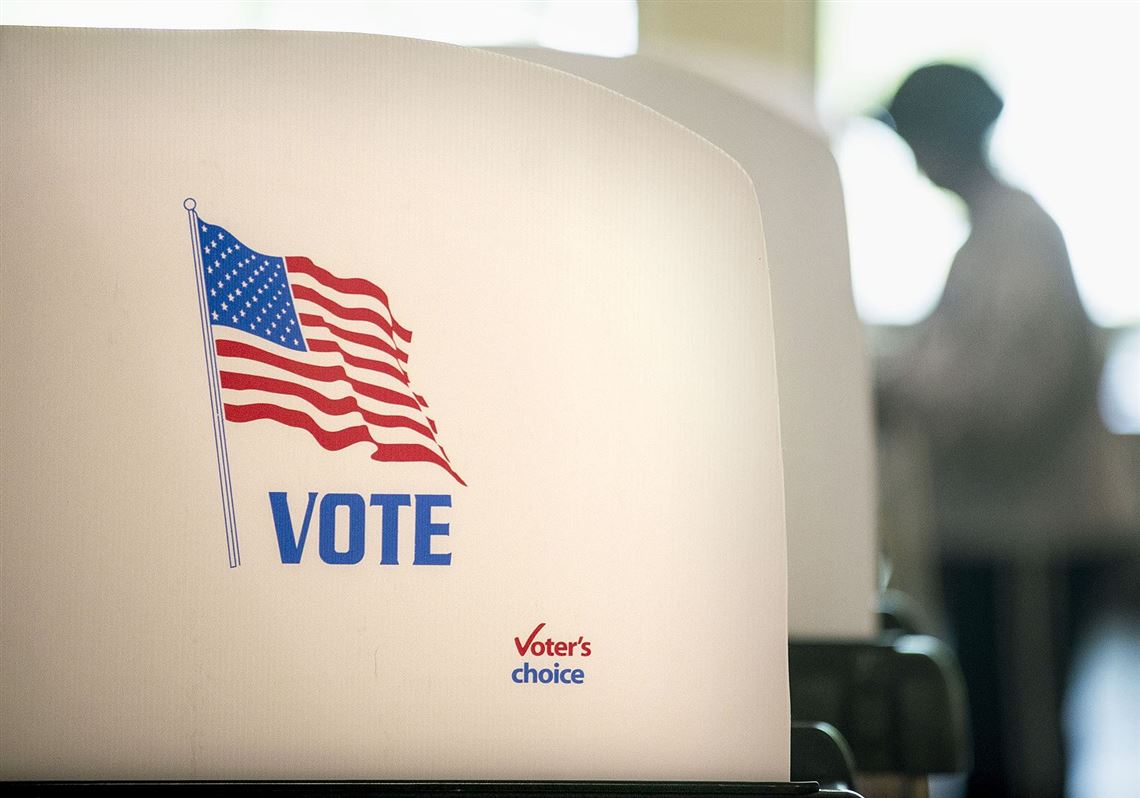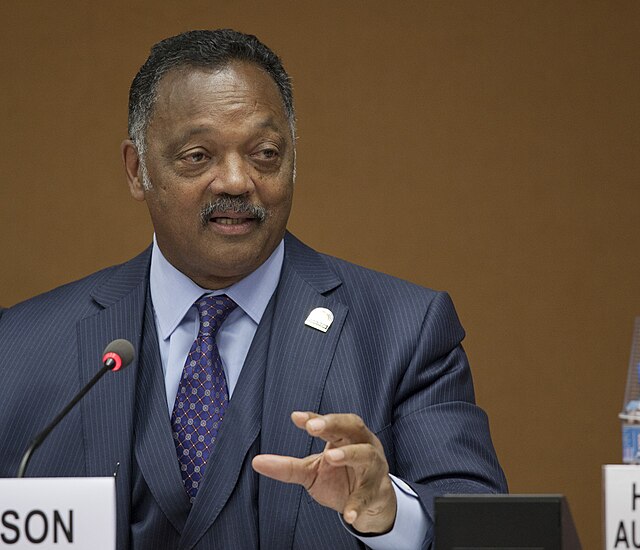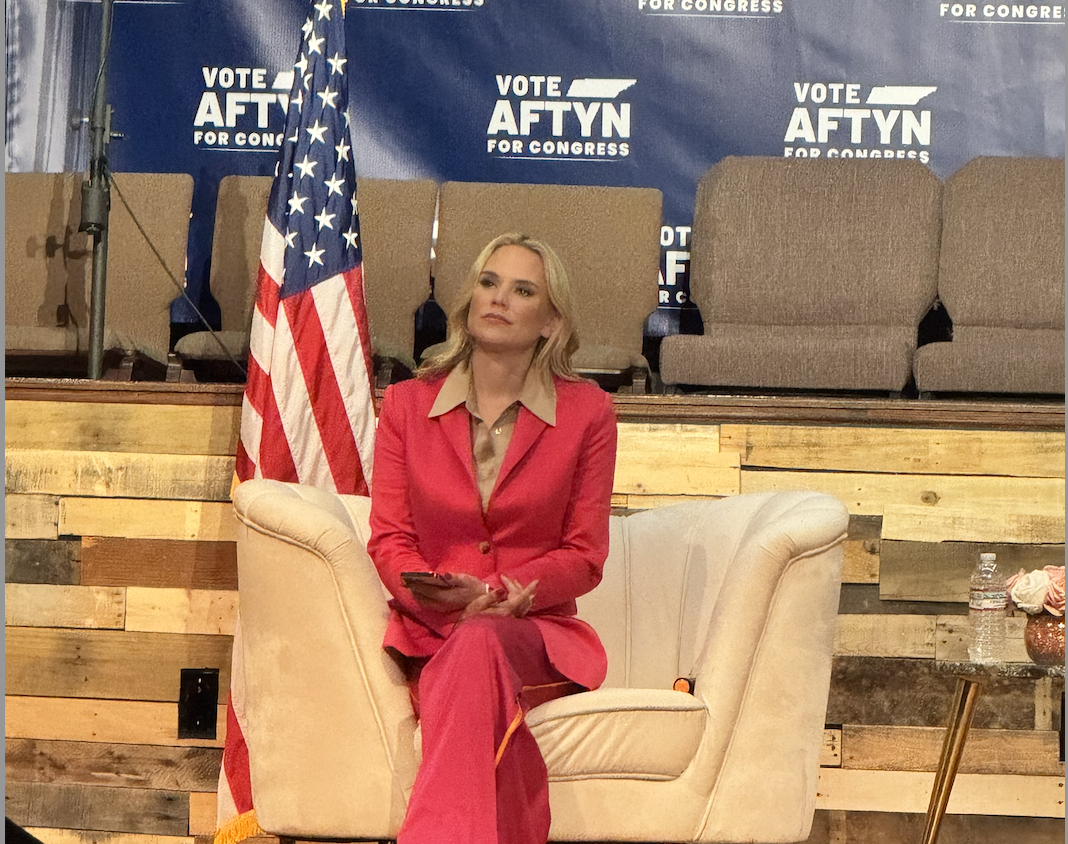By Stephen Collinson | CNN Newsource
With one day to go before the midterm elections, Americans face a choice that could shape the nation for years after a campaign that left it politically torn, at war with itself over race
Voters must decide on Tuesday whether to constrain President Donald Trump and his compliant Republicans after the first two years of a demagogic presidency that widened national divides and unfolded in a torrent of scandal. Trump also tested constitutional norms and engineered a sharp shift in the country’s attitude toward the rest of the world
But as they face their first chance to judge Trump’s performance, they could also register satisfaction with a historically primed economy and a President who has kept many of his election promises, however controversial
The second would convey acquiescence for the President’s scorched-earth tactics, indefatigable and domineering personality, fear-mongering warnings that the nation is under assault from an invading immigrant tide of dark-skinned criminals and approval of his creed of “America First” nationalism.
“You saw that barbed wire going up. That barbed wire — yes sir, we have barbed wire going up. Because you know what? We’re not letting these people invade our country,” Trump said at a rally in Georgia on Sunday, defending his decision to dispatch troops to the border in what critics have branded a political “stunt.”
While the campaign has seen intense skirmishes over health care, immigration, education and the best way to share the dividends of high growth, low unemployment
His searing nationalist rhetoric and tearing of cultural fault lines drew criticism that he had crossed a dangerous line after a gunman killed 11 people in a synagogue massacre in Pittsburgh and a Trump supporter mailed bombs to the President’s top targets in politics and the media, including two former Presidents.
Trump v. Obama
At times on Sunday, it almost felt like Trump was running a campaign against the man whom he has defined himself against, his predecessor in the Oval Office, Barack Obama.
The 44th president is making the most direct assault on Trump yet attempted by any prominent Democrat.
Ten years to the day after he delivered his soaring victory speech in Grant Park, Chicago, Obama doubled down on hope, painting it as the antidote to what he said were the dark impulses exemplified by his successor, and warned America was at a crossroads.
“In the closing weeks of this election, we’ve seen repeated attempts to divide us with rhetoric, to try to turn us on one another,” Obama said in Gary, Indiana, revisiting, a city familiar from his 2008 campaign.”The good news is, Indiana, when you vote, you can reject that kind of politics,” he said. “When you vote you can be a check on bad behavior. When you vote you can choose hope over fear.”
Tuesday’s election represents another clash between Trump’s capacity to subvert political norms and the weight of history and electoral logic
Omens look poor for Republicans, since Trump’s approval rating sits between 40% and 45% in most polls and history suggests that first-term presidents who are that unpopular typically lead their parties to heavy losses.
\Democrats are increasingly confident they can recapture the House of Representatives for the first time in eight years and are banking on a backlash against the President from voters who stayed home in 2016. Their path to power lies through more diverse, suburban and affluent districts where Trump’s cultural warfare plays poorly.









